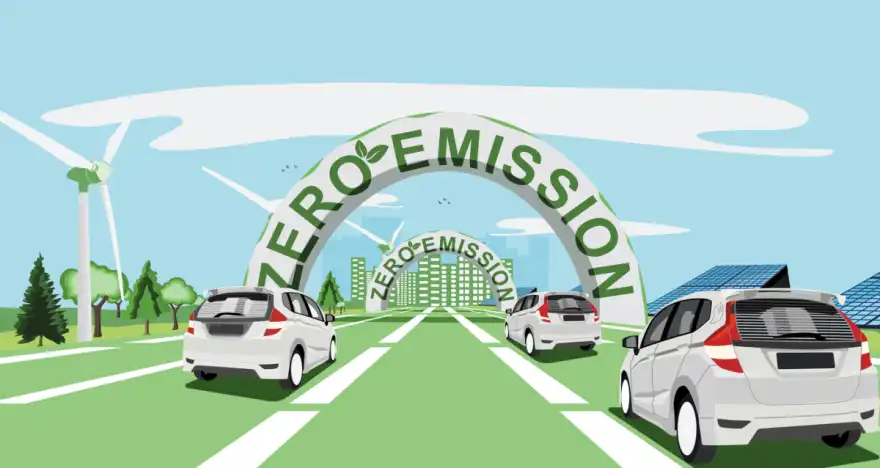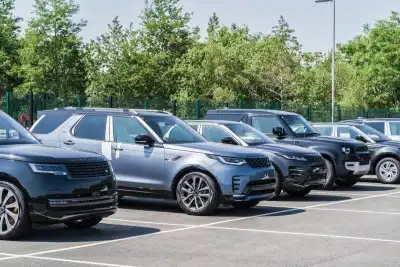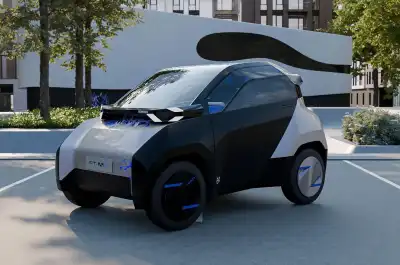
The UK government has made a clear decision to stick with its Zero Emissions Vehicle (ZEV) mandate, despite intense pressure from the automotive industry to relax regulations. Ministers have rejected calls from car manufacturers to ease penalties for failing to meet sales targets for electric vehicles (EVs). This decision has wide-reaching implications not only for automakers but also for UK drivers. So, what does it mean for you and your future behind the wheel?
What is the Zero Emissions Vehicle Mandate?
The ZEV mandate is part of the UK’s broader strategy to achieve net zero carbon emissions by 2050. The key objective is to phase out the sale of new petrol and diesel cars, pushing manufacturers to sell only zero-emissions vehicles—primarily EVs—by 2030.
Currently, car and van manufacturers are required to ensure a portion of their sales are zero-emission vehicles. For 2024, 22% of cars and 10% of vans sold must meet this standard. Failing to comply results in a hefty fine of £15,000 for each non-compliant vehicle sold.
This target, which was set to transition the UK to cleaner vehicles, has been met with resistance from some parts of the automotive industry. They have argued that the penalties for not meeting EV sales targets could be financially damaging.
However, despite the pushback, UK ministers have decided to maintain the course, rejecting industry requests for regulatory relaxations. The government’s decision signals a strong commitment to tackling climate change and transitioning to a greener future, even as challenges remain.
What Does This Mean for Drivers?
For UK drivers, the government’s decision to stick with the ZEV mandate has several direct implications:
1. A clear push towards electric vehicles
With stricter EV sales targets in place for manufacturers, drivers can expect to see an increasing range of electric cars and vans becoming available on the market. As automakers work to meet these mandates, consumers will have more options in terms of style, price, and features, making it easier to find an EV that suits their needs. The variety of affordable electric models will likely increase, particularly as more manufacturers invest in EV production. So, there will be deals to be had!
2. Government incentives and support
As the UK continues the transition to zero-emission vehicles, drivers can expect ongoing financial support for EVs - from purchase grants to tax breaks, the government is providing various schemes to make electric cars more accessible and affordable. There are likely to be further policies aimed at reducing the total cost of ownership for EV drivers, such as lower road taxes and exemptions from certain congestion charges.
3. Improved charging infrastructure
The government is committed to increasing the number of public charging points across the country. This will ease one of the most significant concerns for potential EV owners—range anxiety. With more charging stations becoming available at strategic locations like shopping centres, motorway services, and workplaces, charging an electric vehicle will be as easy as filling up a petrol car.
4. Potential impact on fuel costs
As EV adoption accelerates, it’s possible that traditional petrol and diesel vehicles could see higher fuel prices in the long term. With fewer petrol and diesel cars on the road, supply-demand dynamics could result in rising fuel prices. On the other hand, EV owners can take advantage of lower running costs, as electricity is generally cheaper than petrol or diesel. Additionally, many drivers will charge at home, where charging costs can be optimised using smart meters or home solar systems.
What’s Next?
The government's decision to stand firm on the ZEV mandate reflects a broader commitment to tackling climate change. As this mandate shapes the future of transportation in the UK, the automotive industry will be forced to adapt and innovate, offering a broader range of electric options for drivers.




